Basil George Dedman was born on the 26th of September 1924 to parents Chris Dedman and Dorothy – nee Clarke, nee Baker. Dorothy’s first husband was killed fighting during WWI. Chris survived three years of active service – largely due to his horsemanship. Trained as a jockey at Lewes race-course; he was called up aged 18 yrs and rode for the Royal Signals, therefore wasn’t as exposed to fire as much as some were. He served at Ypres, Verdun and the Dardanelles. Dorothy came from a large family who were bakers in Lewes.
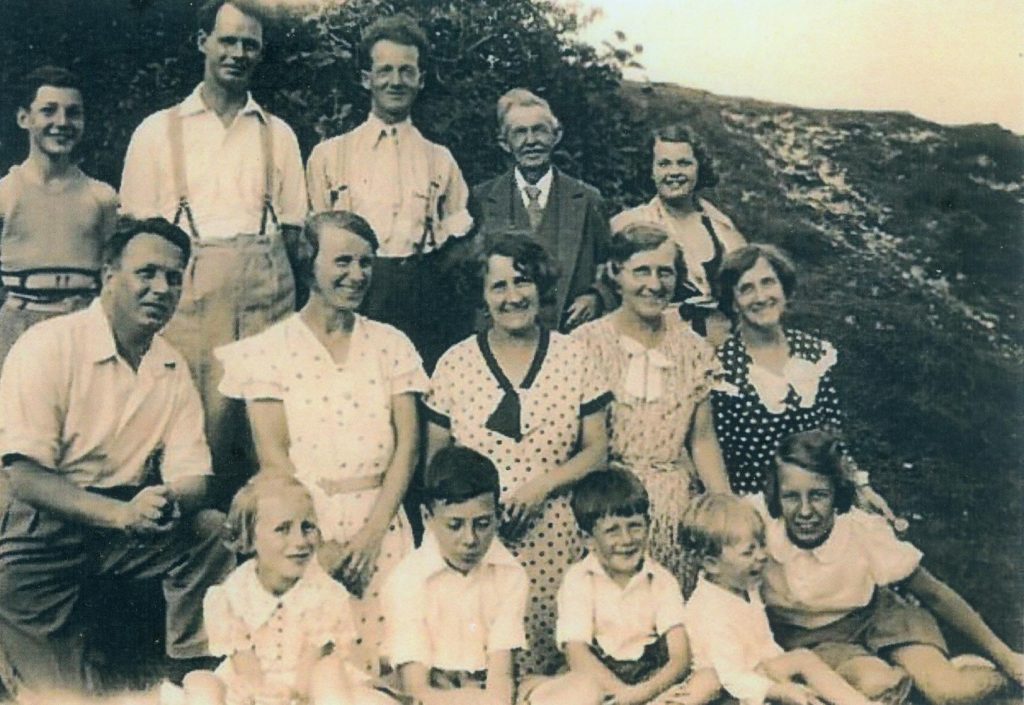
Both the Dedmans and Bakers hail from Lewes in East Sussex where the Dedmans had generally been shepherds, gardeners or carpenters. Some twenty ancestors bearing the family name are interred in the cemetery at Rodmell, near Lewes. Dorothy and Chris had three sons, Eric, Ray and Basil plus a daughter Marie, through Dorothy’s previous marriage.
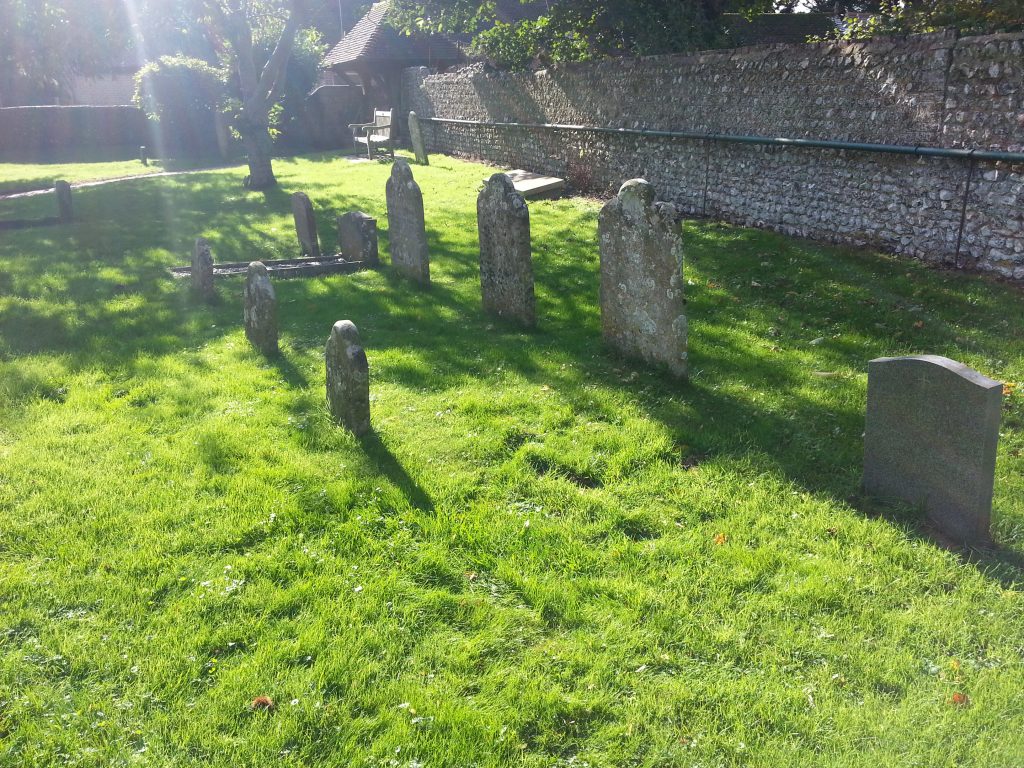
Basil’s childhood began in Gravesend, Kent. After elementary school, he went to Brighton Technical College to begin training as an engineer. He had a brief apprenticeship at Short, Harland and Wolf (manufacturers of aircraft) before he went into the Royal Air Force as ground crew during the latter part of WWII. His eyesight wasn’t good enough for flying duties.
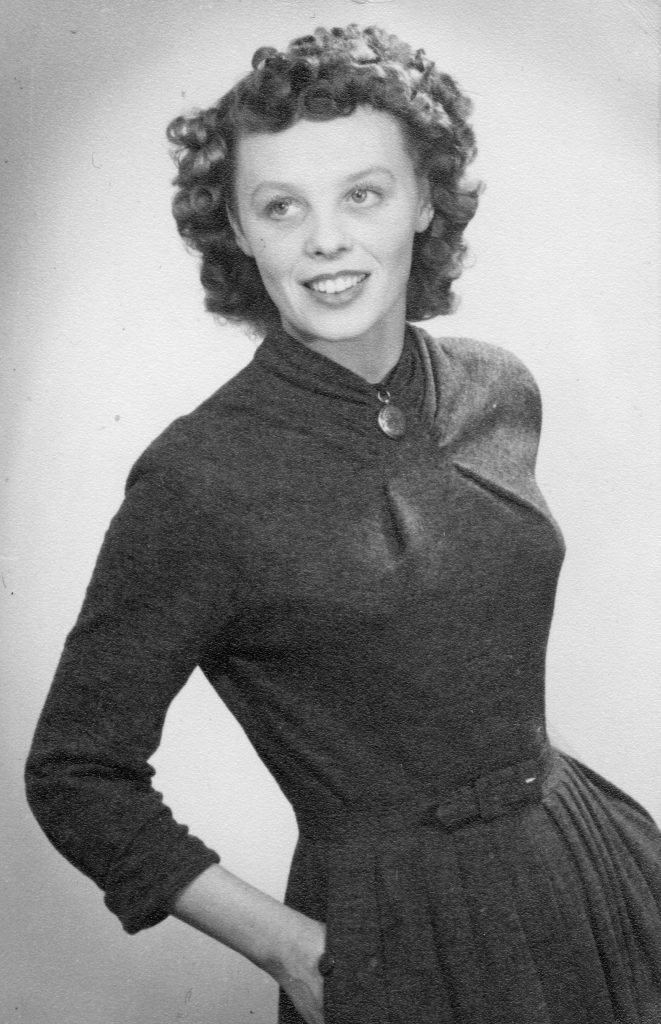
After leaving the RAF he worked as a costing clerk for Coubro and Scrutton, an engineering firm based in Tilbury. It was here he met Rita (or Monica as she was christened) and they married in 1954 – a year which saw witness to the likes of Elvis Presley, Hancock’s Half-Hour, the Cold War, Churchill as Prime Minister and the end of war rationing.
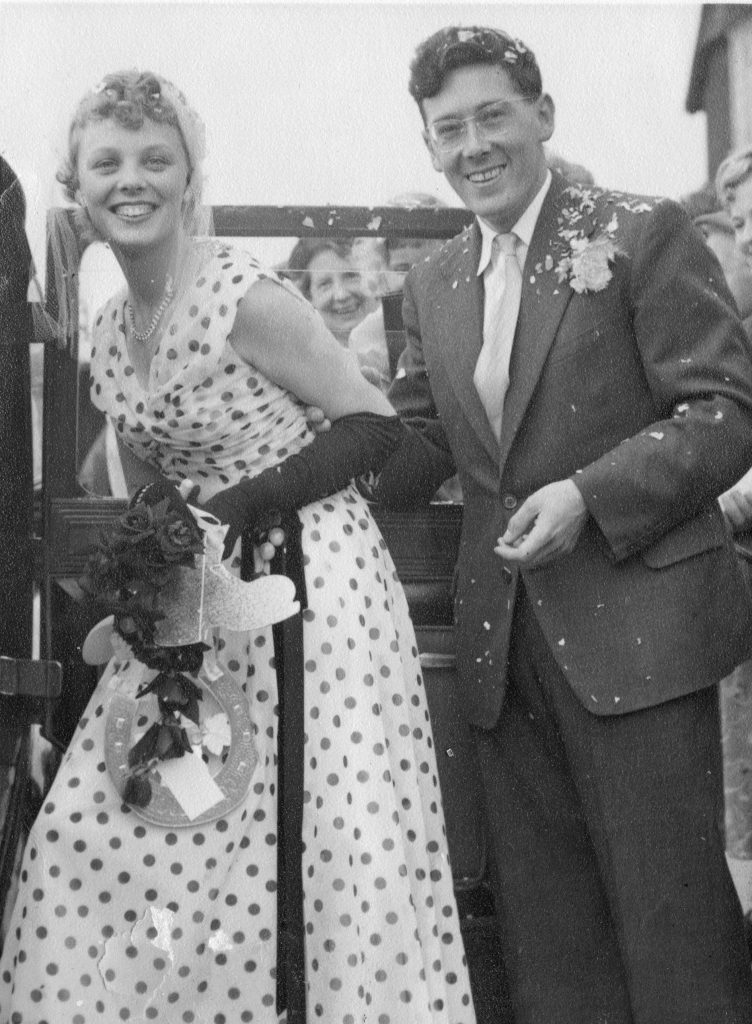
Rita and Basil became tenant landlords for George Truman’s Brewery and took charge of ‘The Mucky Duck’ (White Swan) in Fleet Street and the Black Eagle Tap House in Brick Lane, (London) where amongst other things they witnessed Truman’s ghost in the upstairs bar. Whilst they were running the ‘Tyd Gote’ in Leverington, near Wisbech in the Fens they had their first child Alan.
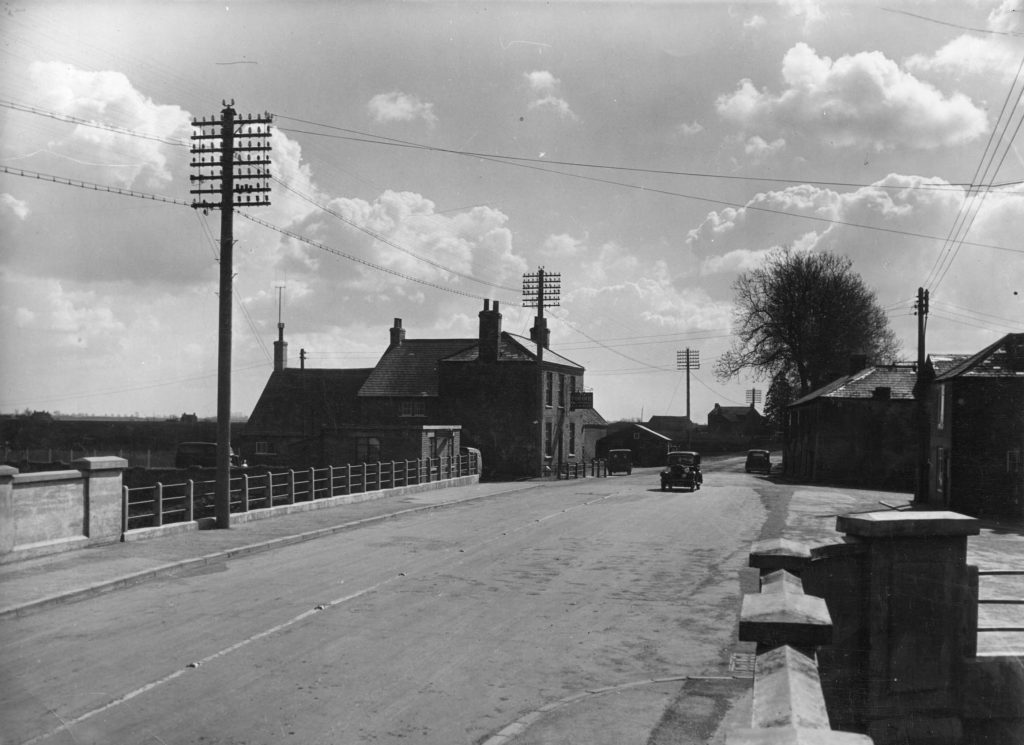
At this point (1960) Basil sought careers guidance and was advised to ‘become a lecturer in horticulture’. With that, he took a position on the estate at the Women’s Horticultural College, Waterperry in Oxfordshire – to study the subject whilst working there. Run by Beatrix Havergal, Waterperry was a unique enterprise, distinctly British and close by to Oxford. Just prior to the severe winter of 1962/63, Rita and Basil had their second child, Claire.
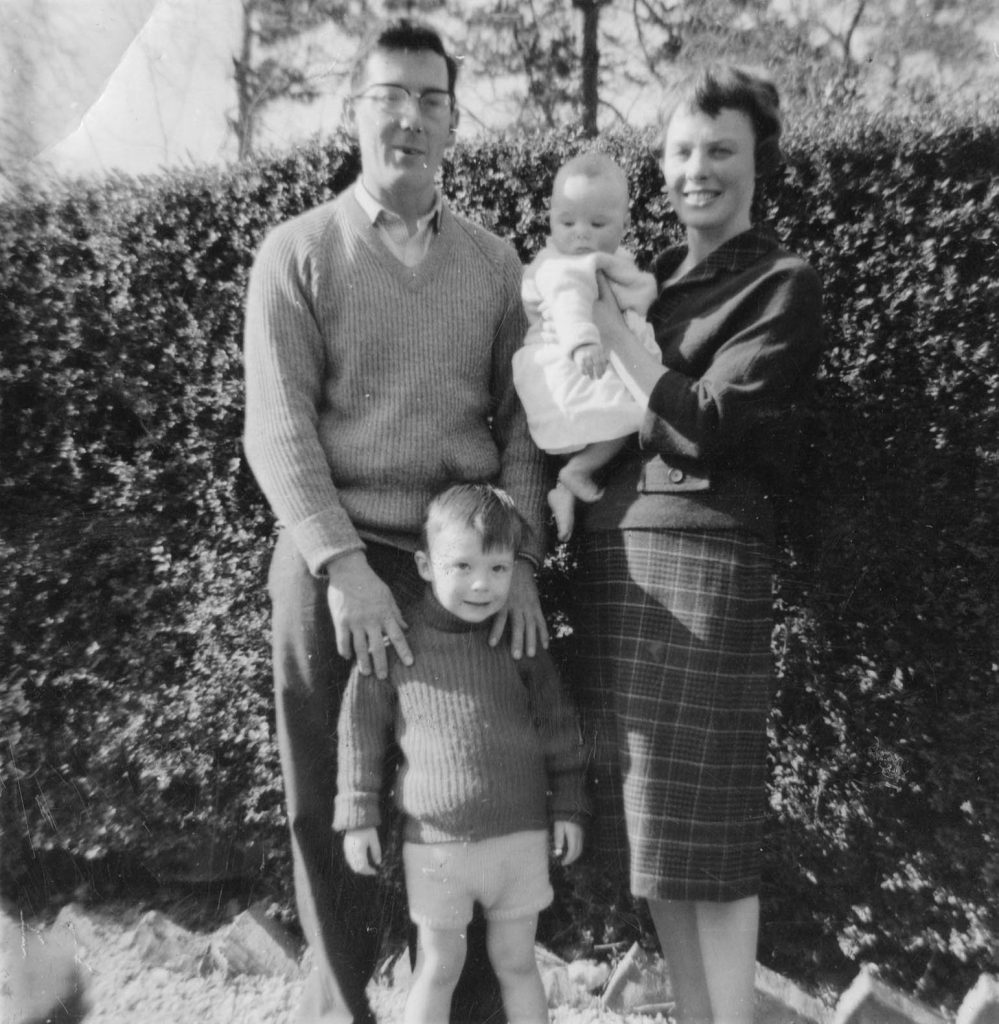
At the time, a family friend who worked as a fieldsman for Smedley’s, spotted a property in Norfolk which the Dedmans moved to in 1964. ‘Brickyard Farm’ in Tilney St. Lawrence was aptly named. Though it proffered nearly six acres of land, valuable out-buildings including a large garage with inspection pits, a petrol pump plus a four bedroomed house – the land wasn’t really suitable for the horticulture idealized at Waterperry (in fact, the ponds abutting it resulted from clay being dug to make bricks for the building of ‘Aylmer Hall’, home to John Aylmer, tutor to Lady Jane Grey).
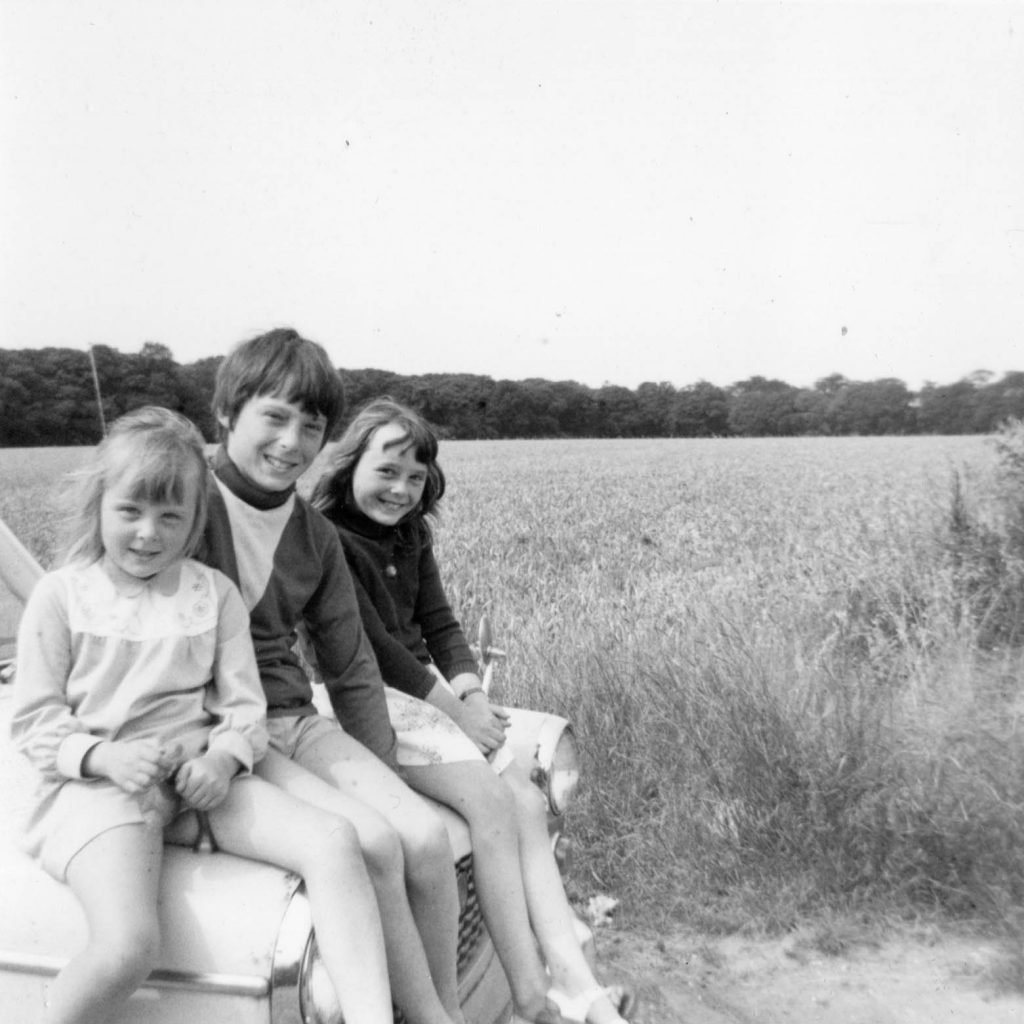
Nevertheless, in their pioneering way, Basil and Rita ran a horticultural nursery at the Brickyard. In 1965, just as the Viet Nam war was getting under way, they had a third child, Caroline. Even though the East Anglian wilderness flattened their mobile greenhouses more than once – they still managed to supply the royal household at Sandringham. If they’d supplied more of the general populace and used a different business plan, they might have made sufficient income from the enterprise.
In ’79 Basil and Rita suddenly decided to up sticks and move to Brighton, where they took charge of a floristry business. However, the move was abrupt, drastic and not good for the family. It was ill thought through, disrupting the social fabric something chronic. You can’t take Norfolk dumplings and turn them into city slickers overnight. Rita and Basil continued to move on average, once every two years for a fourteen year period, finally coming to rest in Suffolk. There is truth in the adage ‘A rolling stone gathers no moss’; though they recalled various homesteads with affection, each move cut them loose from the communities they became part of.
Halesworth in Suffolk is a small market town, Rita and Basil spent many happy years together there. Basil’s old age meant he was registered blind, suffered from Crohn’s disease and was unable to walk properly due to the effects of stroke. He played the piano up to the point where he could no longer see well enough to do so and particularly loved the music of composers such as Beethoven, Liszt, Schubert et al. However this meant the family was encumbered with a grand piano, which didn’t always fit neatly into the homes they occupied. Eventually Basil used an upright.
With the passing of Basil Dedman’s generation, there is a fading of the spirit which deterred the evils of fascism – at a time when this country was in great peril. The collective attitude of the British people, embodied in the voice of John Reith’s BBC, as was – is being discarded and forgotten for the sake of ‘Wokery’ and New Millenial Snow-flakedom.
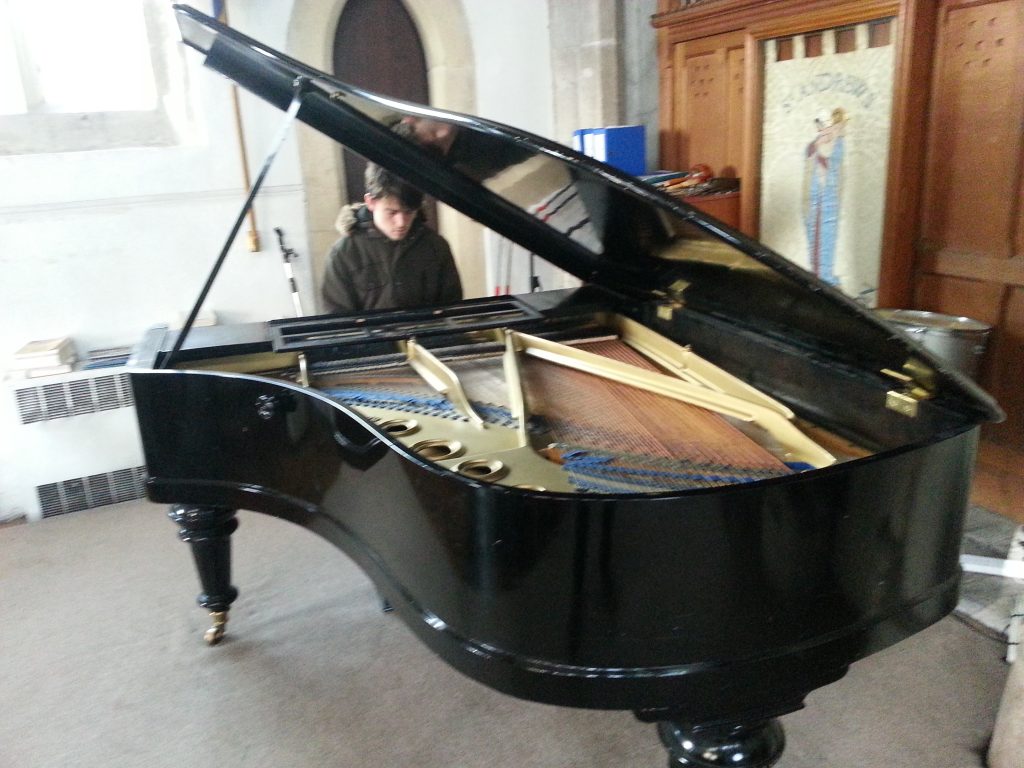
Basil George Dedman was an incurable romantic who lived by the ideals he grew up with. His marriage (of 66 years duration) is an achievement though as a father, his post-Edwardian manner was at times, overbearing. He suffered the loss of his daughter Claire to cancer, six months prior to his own death and died alone in the James Paget Hospital of old age and frailness. He was 96 and leaves a widow Rita, son Alan and daughter Caroline (who lives in New Zealand). He has three grandsons: Ben, Jacob and Max. In the words of Jim Holt (brother-in-law) ‘he was a bit strange’ ….. but a soul whose intentions were good.
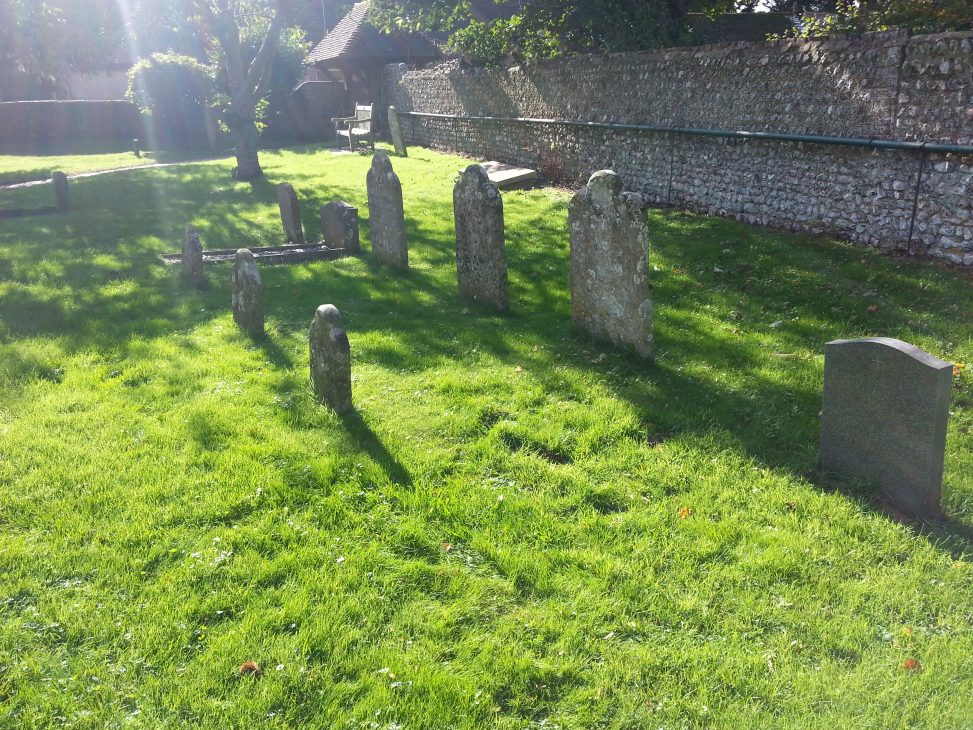
Clive kearley
Excellent obituary – very good insight into Basil who I only met twice around 20 years ago – but I remember him for his friendliness very well.
Chris Boys
What an informative Obituary. I remember Uncle Basil and Auntie Rita of course with great affection. I can hear Basil’s distinctive voice in my mind even now and the little laugh he’d emit when telling stories. Other memories of visiting and on one occasion staying with Basil and Rita were, enormous Sunday lunches with lots of runner beans, still a favourite of mine ansd his love and knowledge of horticulture.
admin
Thanks hope to see you later in the year